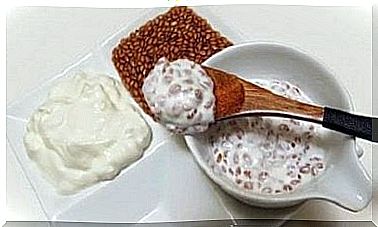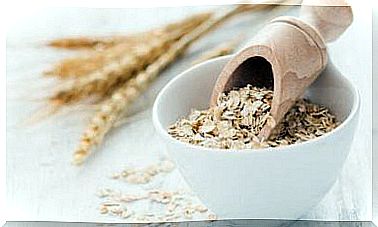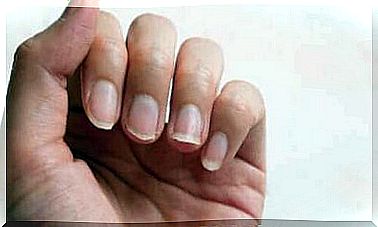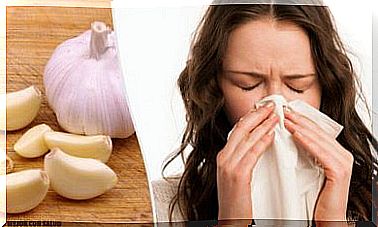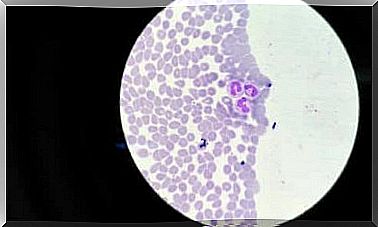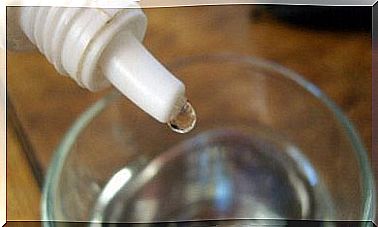Excessive Hygiene And Antibiotic Resistance

Do you know that the number of people who become seriously ill and even die from antibiotic resistance is increasing worldwide every year? In this article, we’ll tell you how excessive hygiene affects this problem.
Excessive hygiene and antibiotic resistance

Before we get into this topic, it’s important that we explain what exaggerated hygiene is exactly. The truth is that this term is difficult to define. In general, the following is considered an excess of personal hygiene:
- constantly wash your hands
- showering unnecessarily several times a day
This can cause your immune system to lose its functionality. In other words, your skin can lose its protective barrier and be exposed to all kinds of bacteria.
What about hygiene in the household? Constant cleaning with the same products can get pathogens used to them. As a result, they can develop a resistance to it.
What is Antibiotic Resistance?

Antibiotic resistance occurs when these drugs stop working against microorganisms. In other words, the pathogens get ‘used’ to it.
In general, this situation arises as a result of the routine use of antibiotics (and even misuse of them). Somehow, bacteria lose their sensitivity. So, to combat them, you have to resort to increasingly aggressive substances.
In recent years, mutations of microorganisms have emerged that are increasingly resistant to antibiotics. For example, in 2016 the newspaper El País published the story of a woman in the United States who suffered from the strongest antibiotic-resistant urinary tract infection ever.
The UK Department of Health and Social Care commissioned an analysis of antibiotic resistance. This analysis, known as the Review on Antimicrobial Resistance , was completed in two years. We can extract some interesting data from it:
- First, drug-resistant infections are already on the rise.
- In Europe and the United States, approximately 50,000 people die each year from antibiotic-resistant infections.
- At least 700,000 people die each year from drug resistance in diseases such as bacterial infections, malaria, HIV/AIDS or tuberculosis.
- Finally, this problem would make routine operations and minor infections more difficult in the long run.
In this article, we explained that antibiotic resistance is a very troubling public health problem. What is the connection with excessive hygiene?
The link between excessive hygiene and resistance

In a study at the Technical University of Graz in Austria, the micro-organisms and antibiotic resistance in the Intensive Care Unit of the University Hospital Graz were compared. The conclusions were striking:
- Microbial diversity decreases in areas with a high level of hygiene, while the diversity of resistance increases.
Excessive hygiene could therefore be counterproductive. The above-mentioned study argues for stable microbial diversity in clinical areas to counter the spread of resistances. How can this stability be achieved now?
Experts suggest it’s a good idea to have houseplants instead of using a lot of cleaning products. They also recommend regular airing of rooms. This would improve bacterial diversity and at the same time prevent the development of resistance to cleaning agents.
As for antibiotics, the World Health Organization (WHO) advises people not to take antibiotics that are not prescribed by a doctor and not to ask for medicines if they do not need them. Conversely, they recommend hand washing as the main way to prevent infection.
It’s good to know that you shouldn’t wash your hands too much to avoid breaking down the protective skin barriers and making yourself more vulnerable. The same goes for cleaning the house.
In short, keep your house clean, but don’t overdo it! The presence of certain bacteria helps keep your immune system strong and healthy in the long run.
